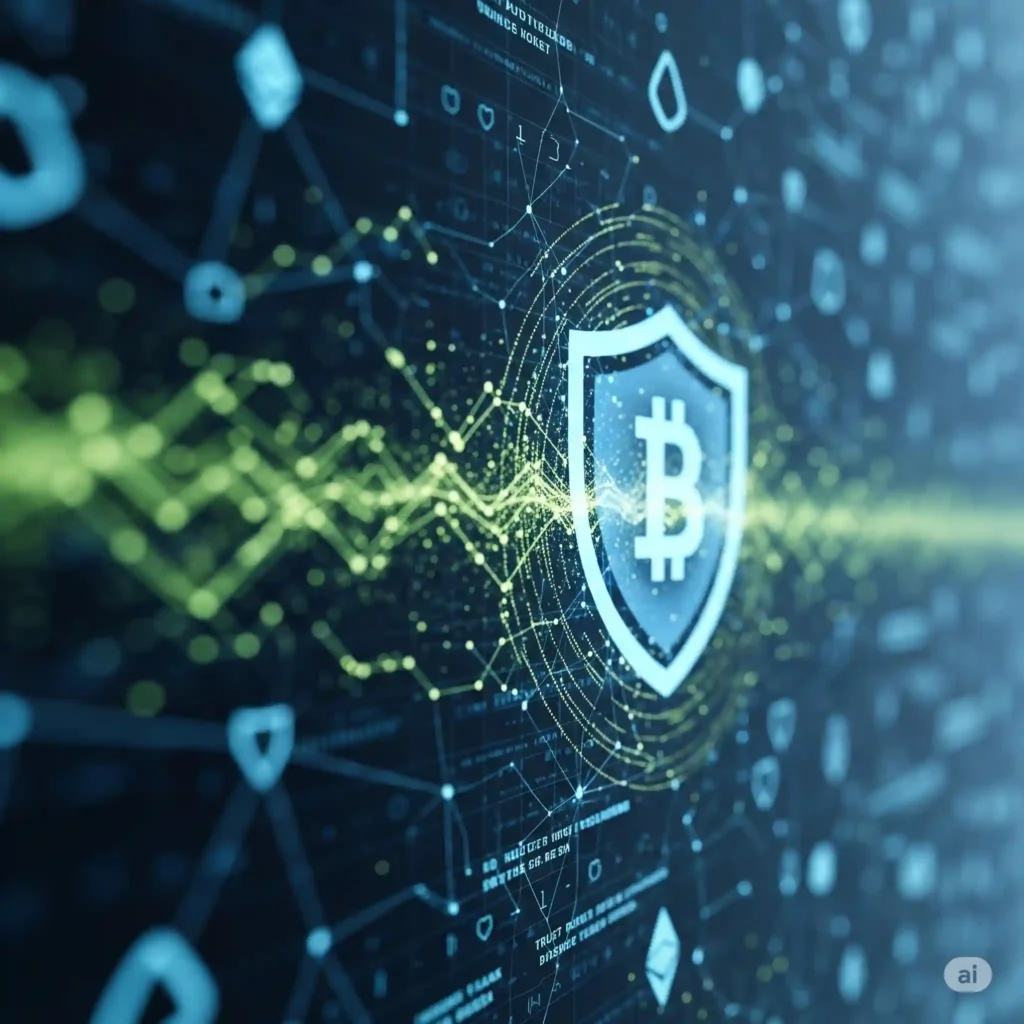Cryptocurrency continues to reshape the financial landscape globally, including in South Asia. However, the legal framework governing digital assets varies widely across countries. If you’re looking for the most comprehensive insights on crypto legality in Bangladesh, you’ve landed in the right place. At Empire Crypto Data, we bring you the latest, most reliable information on this rapidly evolving subject.
Why Understanding Crypto Legality in Bangladesh Matters
Before diving deeper, it’s essential to recognize why knowing the legal status of cryptocurrencies in Bangladesh is critical. The financial regulators in Bangladesh have been cautious, often wary of risks posed by digital currencies such as fraud, money laundering, and market volatility. Many investors find themselves confused by conflicting reports and changing rules.

At Empire Crypto Data, we aim to clear that confusion. Understanding cryptocurrency law BD can protect you from legal trouble and help you navigate the market with confidence. The legal framework affects not only buying and selling but also mining, ICOs, and cross-border crypto transactions.
The Current Landscape: Is Crypto Banned in Bangladesh?
One of the most frequently asked questions is: Is crypto banned in Bangladesh? The answer is nuanced.
Official Position of Bangladesh Bank
The Bangladesh Bank crypto law has been somewhat ambiguous but generally conservative. Back in 2017, the Bangladesh Bank issued warnings against using cryptocurrencies, labeling them illegal for transactions under the Payment and Settlement Systems Act 2018.
The central bank has not legalized the use of cryptocurrencies as a medium of exchange. Instead, it explicitly stated that banks and financial institutions must refrain from facilitating crypto transactions. However, holding or trading crypto as an asset has not been explicitly criminalized, creating a gray area.
What Does This Mean for You?
- Buying and selling cryptocurrencies on local platforms is risky but not outright illegal.
- Crypto exchanges operating within Bangladesh face regulatory hurdles.
- Foreign crypto platforms remain accessible but carry legal uncertainties.
- The government is exploring blockchain technology, though not necessarily endorsing cryptocurrencies themselves.
Understanding the Cryptocurrency Law BD: What Has Changed in 2025?
In 2025, Bangladesh is seeing gradual progress toward clarifying its stance on crypto. The government is evaluating regulatory frameworks inspired by global models to balance innovation and risk management.
Key Highlights of New Regulatory Proposals
- Draft legislation to regulate crypto exchanges and enforce AML (Anti-Money Laundering) norms.
- Introduction of a licensing system for crypto service providers.
- Enhanced scrutiny on cross-border crypto transfers to curb illicit activities.
- Potential tax policies on crypto trading gains.
- Greater collaboration with international regulatory bodies.

Although no full legalization has been enacted yet, these steps suggest the government’s intent to monitor and possibly integrate cryptocurrencies under controlled conditions.
Practical Tips for Navigating Crypto Legality in Bangladesh
Given this legal complexity, how should one proceed?
1. Stay Updated with Reliable News Sources
- Follow Empire Crypto Data for the latest news on policy changes.
- Regularly check announcements from the Bangladesh Bank and the Ministry of Finance.
2. Use International Crypto Exchanges Carefully
Since local exchanges operate in a regulatory gray zone, many traders prefer international platforms like Binance or Coinbase. However, be cautious:
- Verify compliance with Bangladesh’s financial regulations.
- Avoid large transfers that might attract scrutiny.
3. Avoid Using Cryptocurrency for Payments
Since crypto legality in Bangladesh restricts crypto as a payment medium, avoid transactions involving goods or services via cryptocurrency.
4. Understand Tax Implications
Currently, tax regulations for crypto in Bangladesh are unclear, but tax authorities may begin to track profits. Maintain thorough transaction records for future compliance.
5. Use Crypto Wallets and Cold Storage
Secure your digital assets using reputable wallets and cold storage to prevent hacking and loss.
Destination Highlights: How Bangladesh’s Crypto Scene is Evolving
Despite regulatory challenges, Bangladesh is gradually becoming a noteworthy player in the crypto space. Here are some highlights:
Growing Crypto Interest
- Increasing numbers of young investors and tech enthusiasts are engaging with crypto.
- Educational institutions are starting to offer blockchain-related courses.
- Local tech startups are experimenting with blockchain applications beyond currency.
Regulatory Dialogues
- The government holds forums with crypto experts and stakeholders.
- Collaboration with fintech incubators encourages innovation with caution.
Financial Inclusion Potential
- Crypto is viewed by some as a tool to promote financial inclusion in rural areas.
- Remittance through blockchain-based systems could reduce costs and delays.

Common Myths About Crypto Legality in Bangladesh
There is plenty of misinformation swirling around. Let’s debunk some common myths:
Myth 1: Crypto is Completely Illegal in Bangladesh
While banned as a payment method, crypto legality in Bangladesh does not outlaw owning or trading crypto assets.
Myth 2: Bangladesh Bank Allows Crypto Trading Freely
The Bangladesh Bank crypto law prohibits banks from facilitating crypto transactions, meaning no direct banking support.
Myth 3: You Will Be Arrested for Trading Crypto
Currently, private individuals trading crypto face no direct legal penalties, though the legal environment is uncertain.
Myth 4: Crypto Mining is Fully Legal and Unregulated
Mining is not explicitly regulated and could fall under energy usage and financial laws.
Frequently Asked Questions (FAQs)
Q1: Is it safe to trade cryptocurrencies in Bangladesh?
Answer: Trading is possible but carries risks due to unclear regulations and a lack of local exchange support.
Q2: Will the government ban cryptocurrencies completely in 2025?
Answer: There is no indication of a full ban; rather, regulatory frameworks are being considered.
Q3: Can I use crypto for payments in Bangladesh?
Answer: No, crypto payments are prohibited under current laws.
Q4: How can I stay compliant with crypto laws?
Answer: Keep updated with official announcements, avoid illicit activities, and maintain transaction records.
Building Trust and Staying Informed with Empire Crypto Data
At Empire Crypto Data, we understand that navigating the legal intricacies of crypto in Bangladesh can be challenging. That’s why we provide accurate, timely, and easy-to-understand news and analyses to help you make informed decisions.
We emphasize transparency and trust in all our reporting. Our team consults regulatory experts, legal analysts, and industry insiders to bring you authoritative content. Bookmark our site and subscribe to our newsletter for exclusive updates.
Conclusion: The Future of Crypto Legality in Bangladesh
The year 2025 is shaping up to be pivotal for crypto legality in Bangladesh. With evolving regulations, growing awareness, and increased technological adoption, the crypto landscape here will likely transform significantly.
While cryptocurrencies remain restricted as payment tools, the growing government interest in blockchain technology hints at a more structured regulatory framework soon. For investors and enthusiasts, staying informed through trusted sources like Empire Crypto Data is essential.
Remember, cautious optimism and diligent research will be your best allies in this emerging market. Follow the legal updates, use secure platforms, and comply with evolving laws to harness the benefits of crypto safely in Bangladesh.
Empire Crypto Data is your trusted partner in navigating the complex world of cryptocurrency in Bangladesh. Stay with us for the most accurate, up-to-date guidance on everything related to crypto in Bangladesh and beyond.

